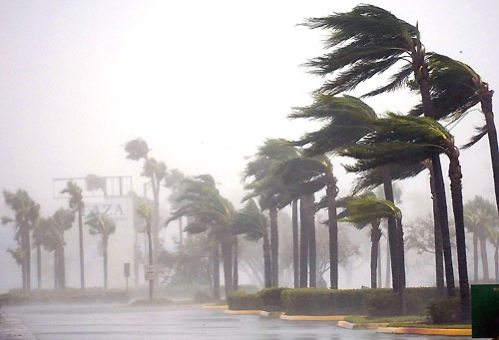How to prepare for Hurricanes in Central Florida before and after the storm hits!

BEFORE the Storm . . .
Several days before: Secure your home
Strong Winds and Flying debris will no doubt cause severe damage to your Florida home and trees
Follow these steps a few days before the storm to protect your home and help limit storm damage (both inside and outside)
-
- Take down your FOR SALE sign or any other signs and decorative items: These items can be stored and re-installed after the storm. Meanwhile they become flying objects that can cause damage to property and life.
-
Clean rain gutters: This will provide a clear passage for excessive amount of rain water to escape and not backup into your attic. Make sure that rain water can flow away from your house.
-
Bring in all loose outdoor items (patio furniture, fire pit accessories, trash cans, etc.). Storing them inside your home or in your garage will prevent them from being blown away and causing injury to other people and other people properties,
- Cover your windows. While most people in Central Florida do not cover their windows (since we are in a lower wind velocity zone) that does not mean that its not a good idea. We can not control nature! So if this is a concern, then install hurricane panels or cover windows with ⅝-inch thick plywood to protect them from glass breaking. Normal winds can even cause damage from flying objects. Adding a deadbolt to your doors to make them more secure against hurricane-force winds is also a good idea.
-
Keep a spare “full” gas can in your garage or car. Spend a little extra money for a quality metal gas can. Plastic containers can not seal out the smell of gasoline like a metal can. It’s not uncommon for gas stations to run out of gas before a hurricane hits. Do this a few days before the storm.
-
Secure your AC condenser unit with hurricane straps if you are expecting high wind velocity. Bolting your AC condenser down with metal straps will make sure it won’t go anywhere during the storm. In some locations, it may be a good idea to cover the AC condenser unit with a tarp or plywood to protect it from debris damage during the storm but don’t forget to turn your AC off if you do this! Also remember to uncover the units before you turn them back on.
Prepare for AFTER the storm . . .
- A week worth of clean drinking water for each member of your family & pets
- Extra water that can be used for toilets, Sponge baths, hand washing, etc. if well pump water or public water systems fail.
- Sanitary wipes and personal hygiene items including deodorant, tooth paste and a fresh tooth brush and floss.
- A plastic bucket that can be used for sanitary use if the toilets don’t flush. (A extra toilet seat for emergency use could be beneficial and don’t forget the toilet paper!
- Battery-powered radio for weather updates. (old school..but still good)
- Alternative power sources for your Cell phone, tablets, and your PC.
- Phone chargers with a backup battery
- An extra pair of reading glasses (if you are a user) and a good book to keep you occupied!
- Enough cash on hand for emergency items needed after the storm if we have a power outage for an extended period of time. (Most ATMs won’t work without electricity )
- Flashlights and extra batteries.
- Extra Prescription medications if approved by your doctor.
- Outdoor Grill, propane gas tanks filled and matches or starter device if indoor cooking is not operational due to power outage.
- Purchase Ice (if available) the night before the storm or start storing ice in your freezer a few days before the storm.
- Don’t stock up on perishable foods but purchase foods that do not require refrigeration. (if possible)
- A whistle to signal for help
- Sleeping bags, blankets & pillows.
- Can opener for canned food
- Tools that may be required to turn off your water shut off valve.
- Paper kit (cups, plates, plastic utensils, and paper towels)
- Important family documents (identification and passports, birth/marriage certificates, copies of insurance policies and any important papers)

